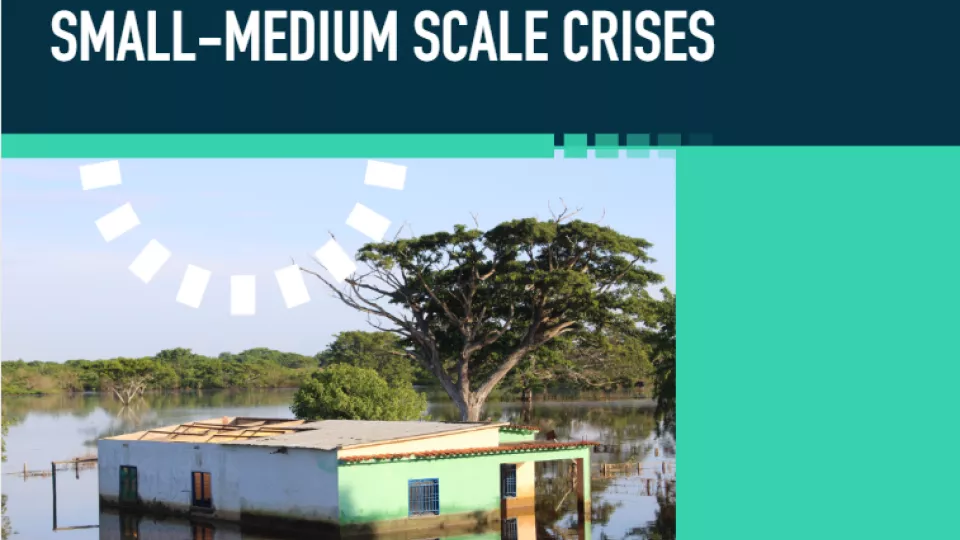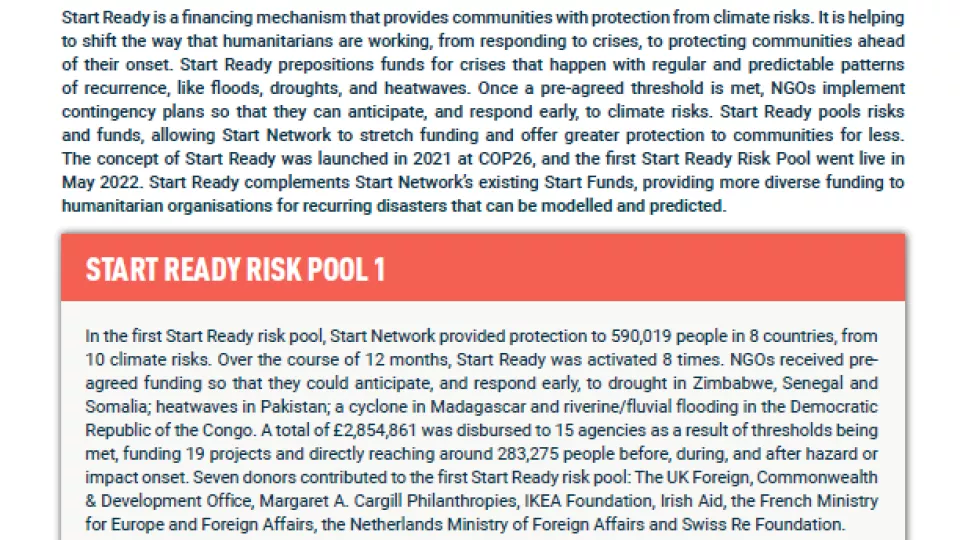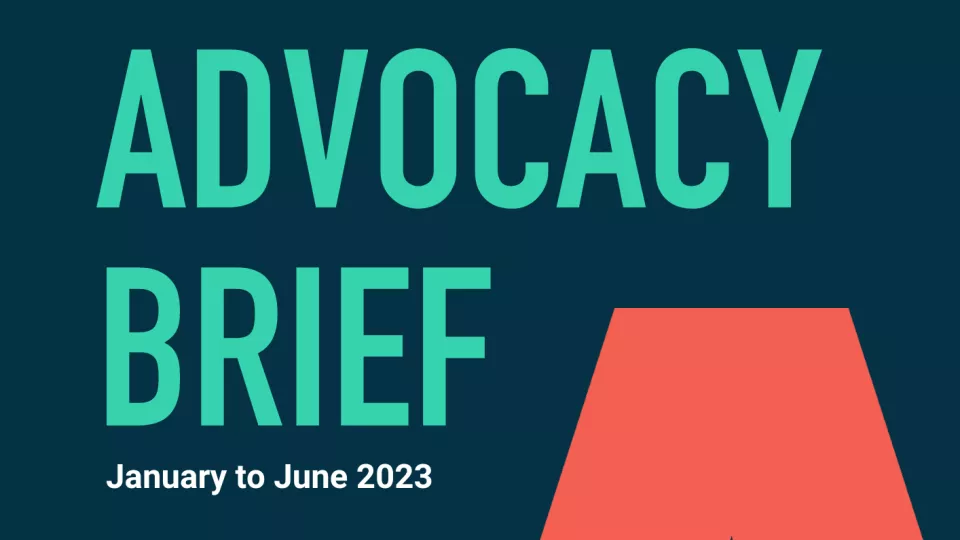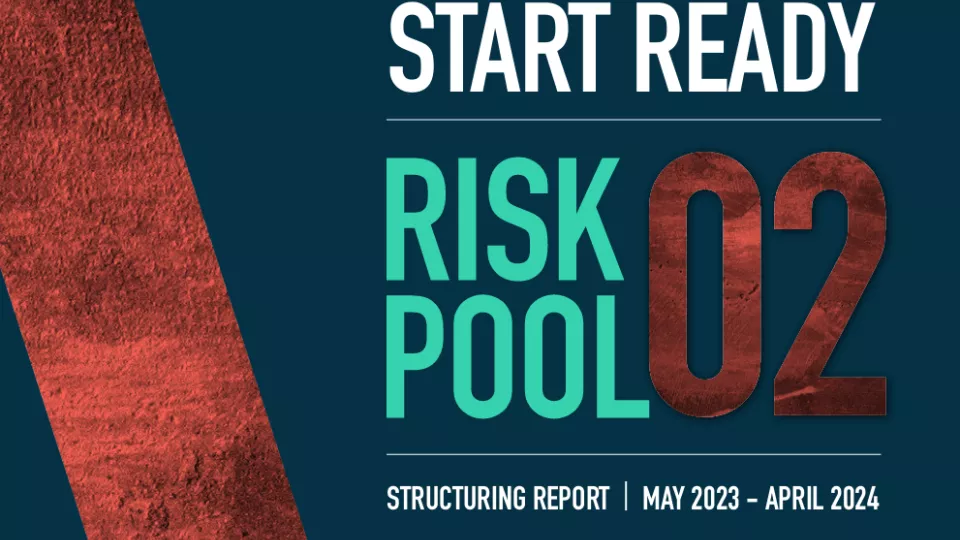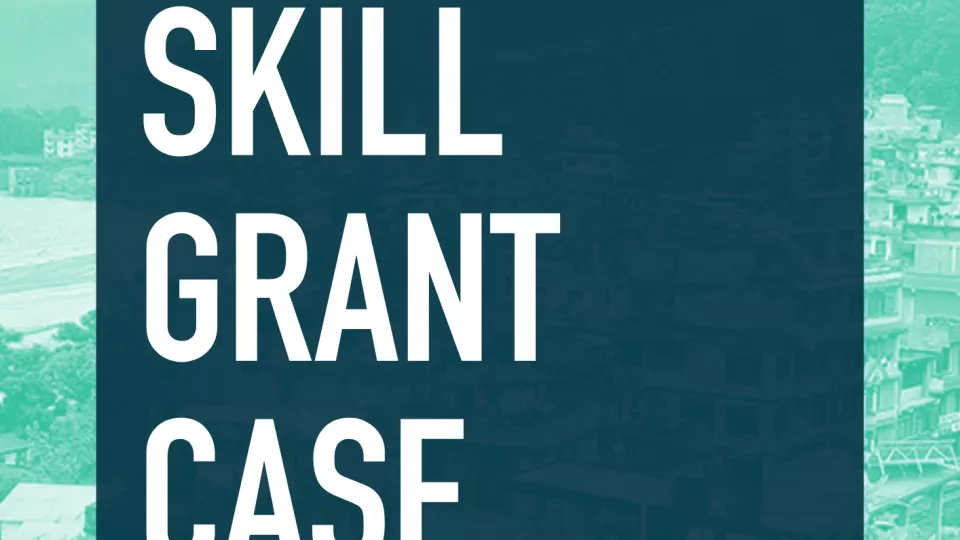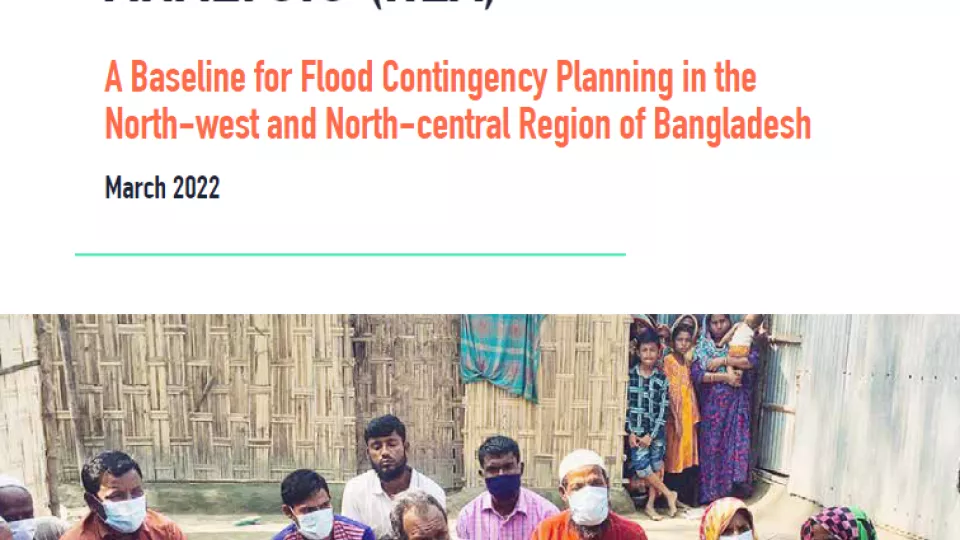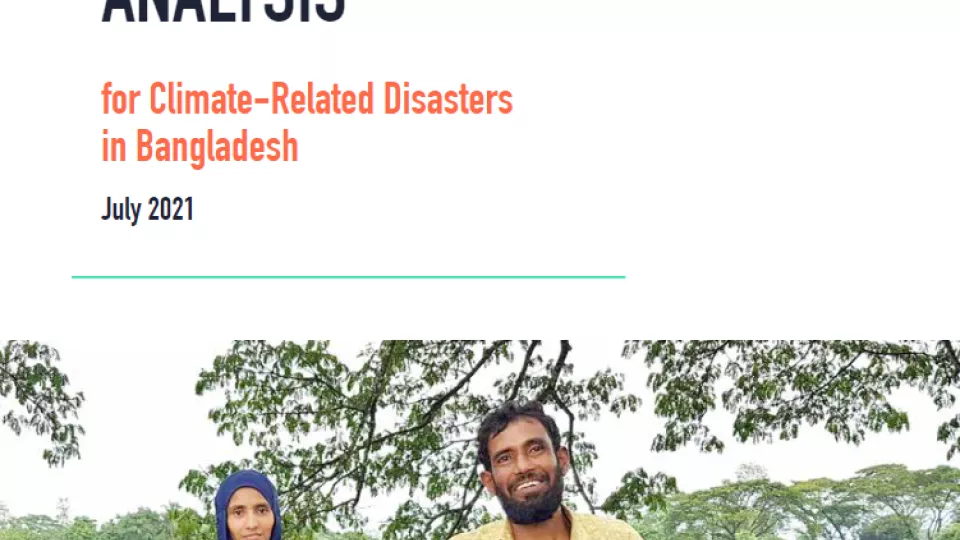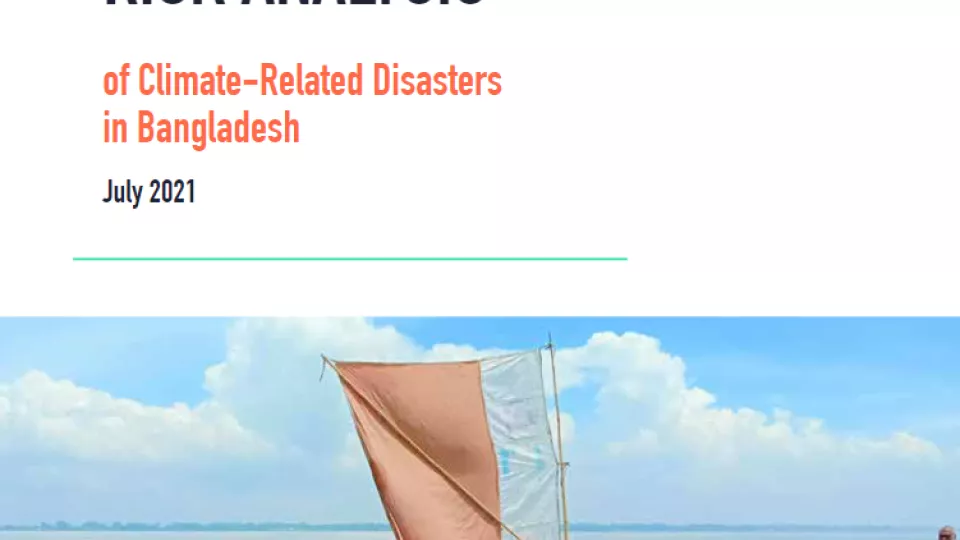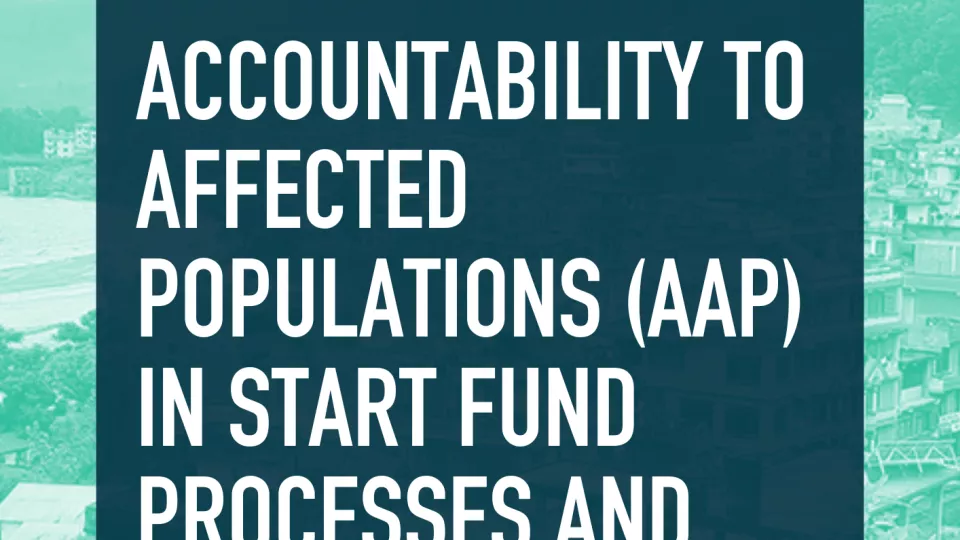
External Evaluation: Accountability to Affected Populations (AAP) in Start Fund Processes and Start Fund Projects
In June 2023 the Start Fund commissioned an annual external evaluation to examine accountability to affected populations (AAP) in Start Fund projects and processes. The evaluation aimed to assess the extent to which accountability principles and good practices can be incorporated into all stages of the Start Fund alert cycle, specifically considering challenges of the short timeframes of 72 hours between alert raising and project selection and 45 to 60 days for project implementation.

